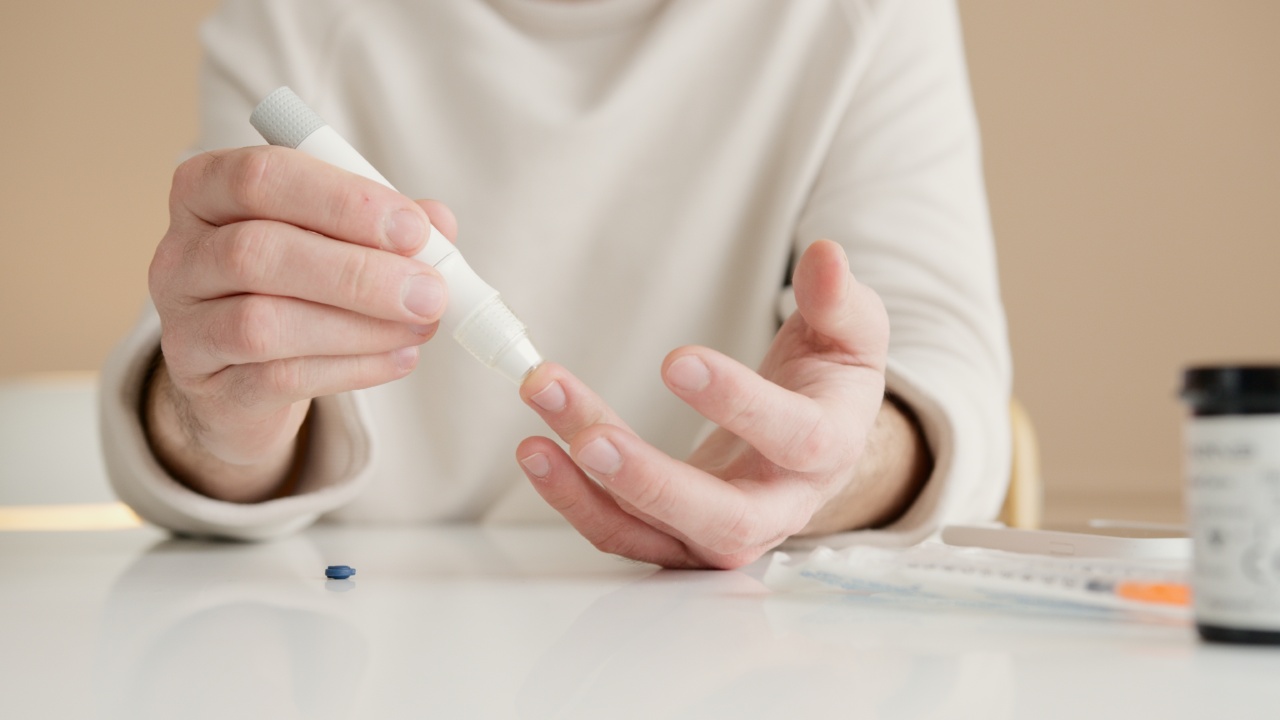If you are living with diabetes, checking your blood sugar levels regularly is essential for managing the condition properly.
High blood sugar levels can lead to serious health problems, so keeping track of your levels is crucial for maintaining good health.
Why Checking Blood Sugar Levels is Important
Monitoring your blood sugar levels is vital as it helps you to:.
1. Control Your Blood Sugar Levels
When you check your blood sugar levels, you can get a clear idea of how your body is processing glucose throughout the day.
This information enables you to make adjustments to your diet and insulin dosages to keep your blood sugar levels within a healthy range.
2. Prevent High and Low Blood Sugar Levels
High blood sugar (hyperglycemia) can lead to serious health complications, including nerve damage, kidney disease, and vision problems.
Regularly monitoring your blood sugar levels can help you identify when your blood sugar levels are too high so you can take action before complications arise. Low blood sugar (hypoglycemia) can cause dizziness, headaches, and even seizures. Checking your blood sugar levels helps you identify when your levels are too low so you can take corrective action.
3. Evaluate the Effectiveness of Your Treatment Plan
Assessing whether your current treatment plan is working is essential to maintain good health.
If your blood sugar levels are consistently unstable, monitoring can help you identify that something is wrong, and you need to make changes in your treatment strategy.
4. Know Whether You Need to Adjust Your Diet
The food you eat can affect your blood sugar levels. Keeping track of your blood sugar levels and the food you eat can help you identify which foods trigger a rise in your blood sugar levels.
Doing so will enable you to make dietary adjustments accordingly.
5. Avoid Complications
If left unchecked, high and low blood sugar levels can cause significant complications, such as nerve damage, kidney failure, and heart disease. By regularly monitoring your blood sugar levels, you can take steps to avoid these severe complications.
How to Check Your Blood Sugar Levels
Various methods can be helpful to check blood sugar levels, including:.
1. Finger-Stick Test
This is the most common way of checking your blood sugar levels. It involves pricking your finger with a small needle and placing a drop of blood onto a test strip.
You can then load the test strip into a blood glucometer that gives you a digital readout of your blood sugar levels.
2. Continuous Glucose Monitoring
If you want to check your blood sugar levels more frequently, you may consider using a continuous glucose monitoring (CGM) system.
This system makes use of a small sensor that is inserted beneath your skin to measure your blood sugar levels continuously. The device then sends glucose readings to a receiver that you can check as often as you need.
Factors That Affect Blood Sugar Levels
Several factors can affect blood sugar levels, including:.
1. Food
Food is one of the primary factors that affect blood sugar levels. Some foods, such as carbohydrates, raise blood sugar levels higher than others. It is essential to keep track of what you eat and how it affects your blood sugar levels.
2. Exercise
When you exercise, your body produces more insulin, which can result in lower blood sugar levels. If you regularly exercise, monitor your blood glucose levels to ensure that it doesn’t drop too low.
3. Medications
Some medications can affect your blood sugar levels. Talk to your doctor about how your medications affect your blood sugar levels, and how you should adjust your treatment plan to accommodate these changes.
Final Words
Checking your blood sugar regularly is essential for managing your diabetes properly. By monitoring your blood sugar levels, you can take appropriate steps to avoid complications and stay healthy.
Talk to your doctor about how often you should check your blood sugar levels and the best way to monitor them.




























